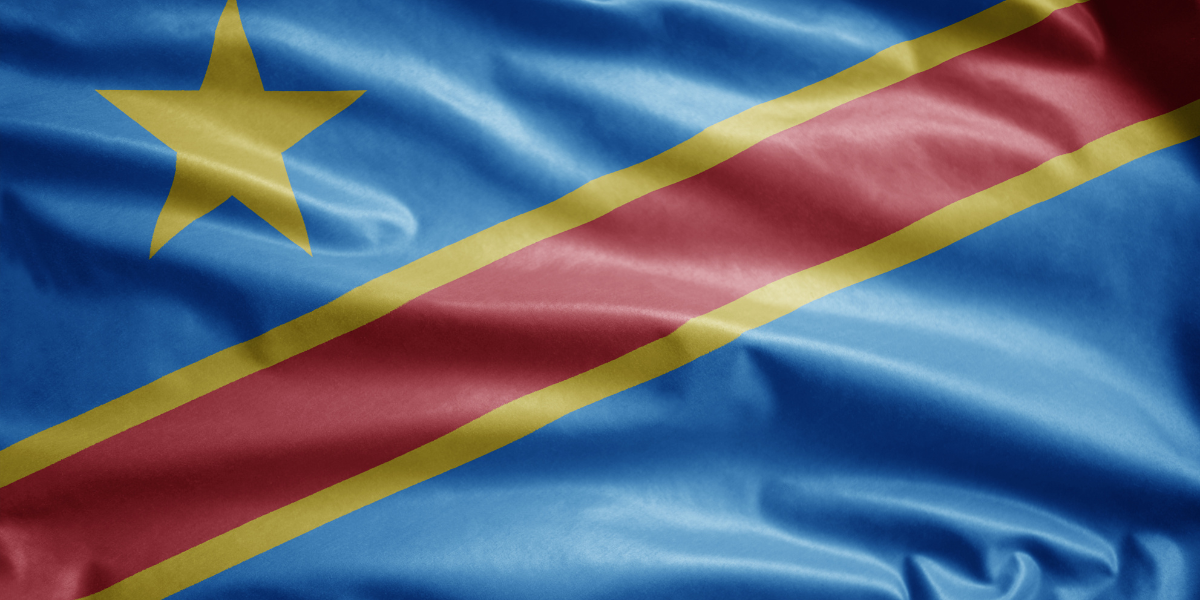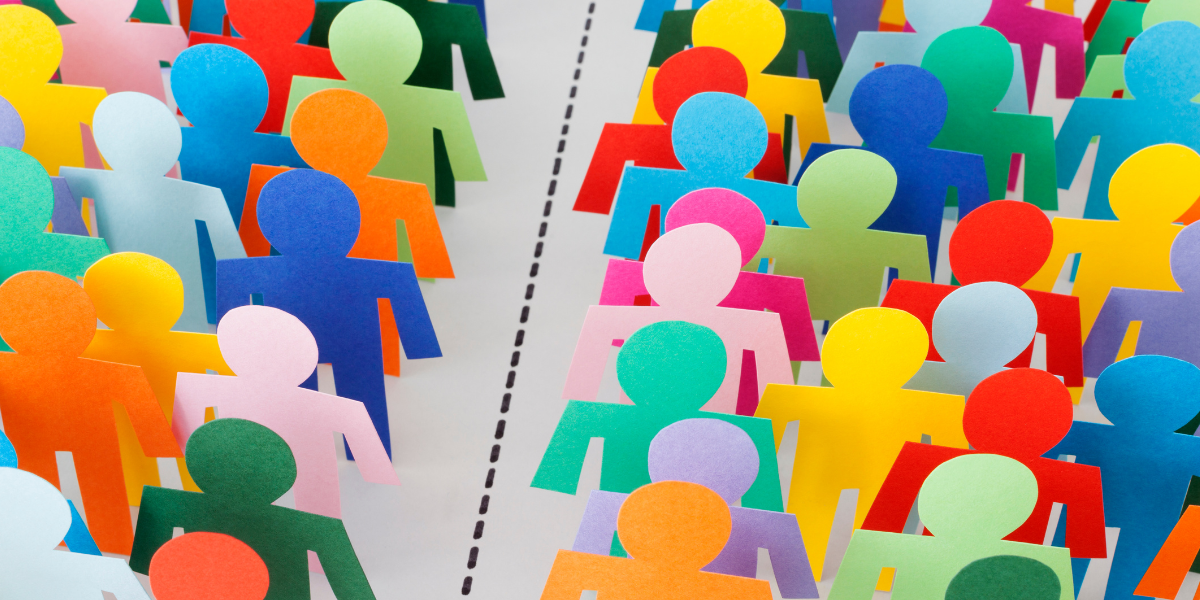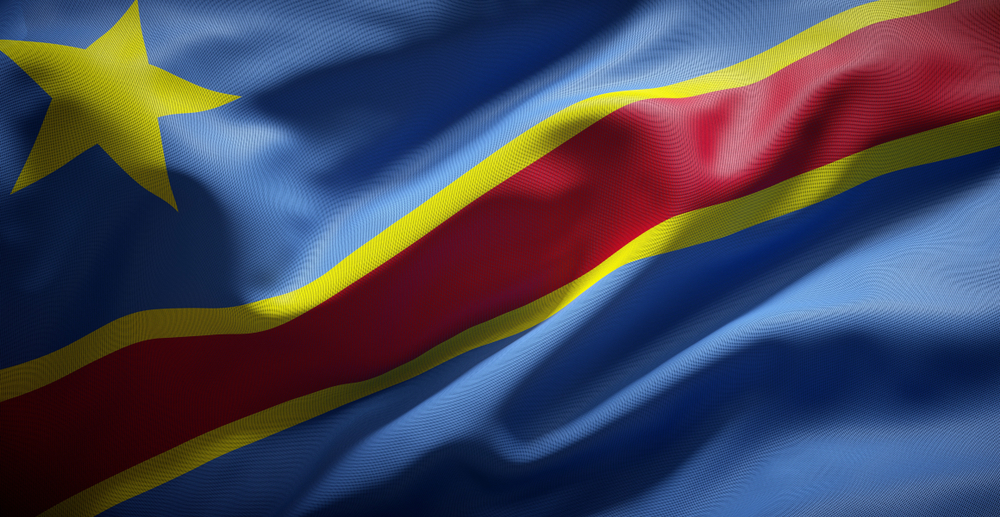COVID-19 and the crisis of democratic legitimacy in Africa
74% of respondents in an online poll expressed mistrust in their authorities’ respect of the rule of law during the Covid-19 pandemic, confirming that the crisis is exposing a deficit in trust and legitimacy, as well as a deficit in health care provision[1].
The poll was part of a webinar co-organised with the Goodluck Jonathan Foundation in an attempt to shore up democratic norms despite the legitimate health measures taken in response to the pandemic.
“No matter how well intentioned and good a government policy is, citizen buy-in is key to making it effective”, opined President Goodluck Jonathan, which means that governments’ ability to respond effectively depend on that missing trust.
The respondents’ concerns about the threats to democracy in Africa were shared by the panellists: Nobel Laureate and Former President Ellen Johnson Sirleaf of Liberia; former President Dr Goodluck Jonathan of Nigeria and Chair of the Goodluck Jonathan Foundation; and Elhadj As Sy, Chair of the Kofi Annan Foundation board and co-chair of the World Health Organization/World Bank Global Preparedness Monitoring Board.
Fortunately, the figures show that Africa has not been too hard-hit by the pandemic… yet. But the health crisis will, in any case, be eclipsed by an economic and even a political crisis in the months to come.
The discussion focused on concerns about the impact of the pandemic on African elections in particular, how African governments can concretely build broad political and public support during the pandemic, as well as what Africans, including regional organisations, can do to shore up democratic gains in Africa.
President Ellen Johnson Sirleaf shared valuable lessons learnt from her experience as President of Liberia during the 2013-2016 Ebola outbreak in West Africa: “Leadership by example is the key to building public and political support; whether it is political technical or community.”
Watch the webinar here:
Here are some answers to the frequently asked questions during the webinar:
- During this pandemic, persons with disabilities were left behind by governments at all levels. What’s your advice to African governments on Covid-19 disability-inclusive response and recovery?
African governments need to be cognizant of the fact that some citizens will require special consideration during this pandemic. They should follow international norms and obligations, which provide a vital compass for how African governments should respond during Covid-19. The Declaration on the Rights of Disabled Persons, for instance, states that ‘Disabled persons are entitled to have their special needs taken into consideration at all stages of economic and social planning’ – more so now, during this pandemic.
- How can countries use the window of opportunity presented by Covid-19 to encourage more women (in particular young women) into leadership positions?
The pandemic is affecting men and women differently. However, concerns about the impacts on women are not yet shaping the decisions that mainly male leaders are making in African countries. This, while many of the impacts of Covid-19 are hitting women hardest. Women in Africa tend to form the majority of workers in the informal sector and are also the primary caregivers in families and communities. It is therefore essential that women’s perspectives be considered in decision and policymaking. African leaders should prioritise the inclusion of women in response and recovery decision-making at the local, municipal and national level. It is also important that women’s organisations be consulted on how best to respond to the pandemic inclusively. Coordinating with women’s groups will help ensure a more robust community response as their networks can be leveraged to disseminate and amplify social distancing messaging. Young women leaders can help a lot in this instance as youth have shown to be more complacent with regards to adherence to public health measures meant to protect citizens.
- How can we reduce misinformation, disinformation, lies and fake news, which has become another major element in spreading Covid-19 in African communities?
Indeed, fake news about the pandemic has frustrated health response in many African communities. To counter this, it is important to increase the promotion of truthful information to counter the supply of fake news. By acting transparently – providing truthful data about the pandemic – African governments would be working to counter rumours about Covid-19. Access to correct, consistent, and reliable information from official sources is vital for the credibility of governments during this pandemic as well. African governments must also refrain from using fake news themselves as an excuse to violate the rights of their citizens by engaging in undemocratic practices. In addition to this, the media and civil society have a crucial role to play in preventing the spread of fake news by monitoring policy, fostering or enabling debate, and shining a light on critical issues. They should, therefore, be protected and allowed to play that legitimate role. Social media companies should also continue to work to promote the dissemination of accurate, authoritative information about Covid-19, and should ensure that they adequately block and prevent the spread of misinformation and ‘hate speech’ related to the pandemic.
[1]Taken on the side-lines of the Kofi Annan Foundation’s webinar on Covid-19 and the Crisis of Democratic Legitimacy in Africa, held on 12 June 2020.
 “No matter how well intentioned and good a government policy is, citizen buy-in is key to making it effective”, opined President Goodluck Jonathan, which means that governments’ ability to respond effectively depend on that missing trust.
“No matter how well intentioned and good a government policy is, citizen buy-in is key to making it effective”, opined President Goodluck Jonathan, which means that governments’ ability to respond effectively depend on that missing trust. President Ellen Johnson Sirleaf shared valuable lessons learnt from her experience as President of Liberia during the 2013-2016 Ebola outbreak in West Africa: “Leadership by example is the key to building public and political support; whether it is political technical or community.”
President Ellen Johnson Sirleaf shared valuable lessons learnt from her experience as President of Liberia during the 2013-2016 Ebola outbreak in West Africa: “Leadership by example is the key to building public and political support; whether it is political technical or community.”


